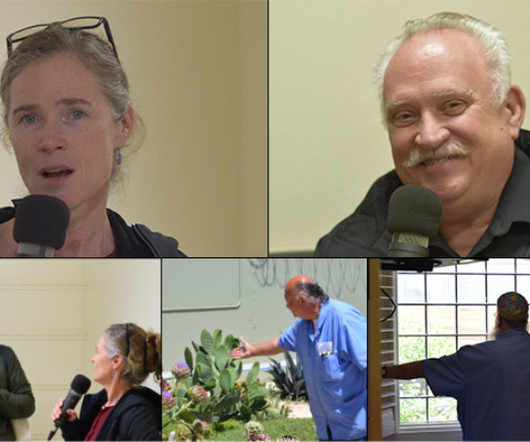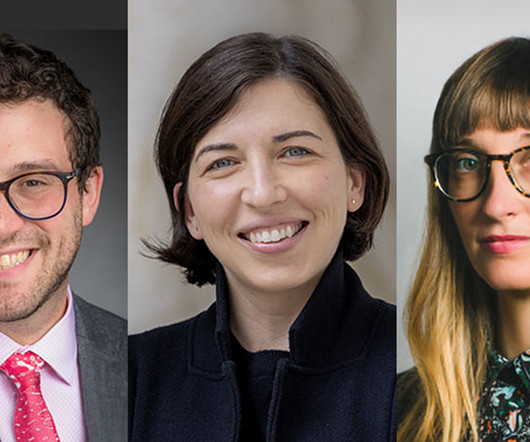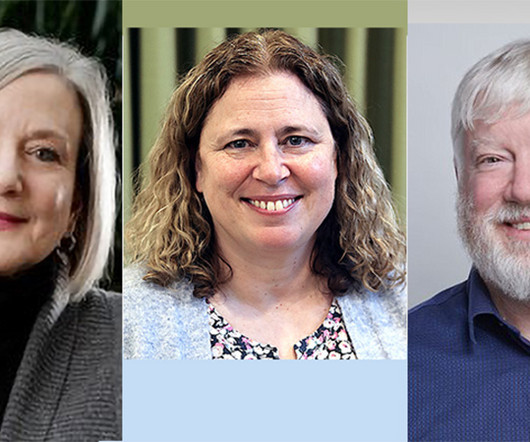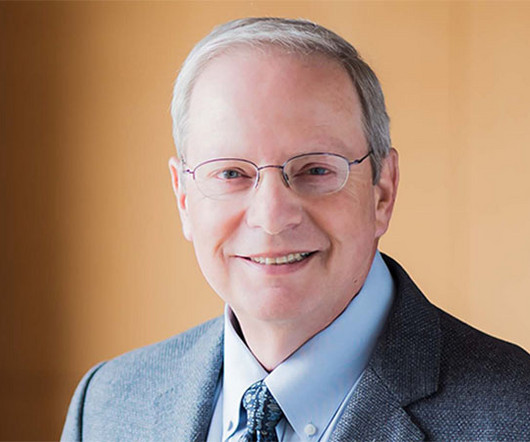Time to stop driving? Podcast with Emmy Betz and Terri Cassidy
GeriPal
JULY 21, 2022
Initially, it was just because there weren’t really answers for my patients. We’re going to go into how to talk to patients about this, because Emmy, you’ve done some research on it. Eric: Let’s say I have a panel of older adults that I’m seeing, or a palliative care outpatient clinic. Eric: Yeah.












Let's personalize your content